Keyboarding Basics Part 1
Ask a Tech Teacher
SEPTEMBER 12, 2022
Many studies have documented the benefits of proper typing technique (McKay, 1998; Owston, 1997; Bartholome, 1996; Bieman, 1996; Hoot, 1986). Rogers (2003), including: Improvement in language arts. Student writing develops faster through word processing because it facilitates the review and revision learning process. Zeitz, 2008.





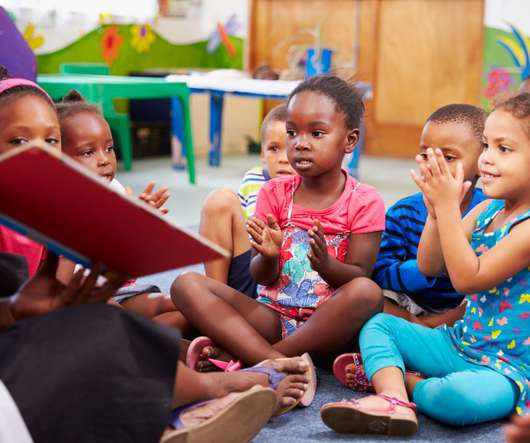
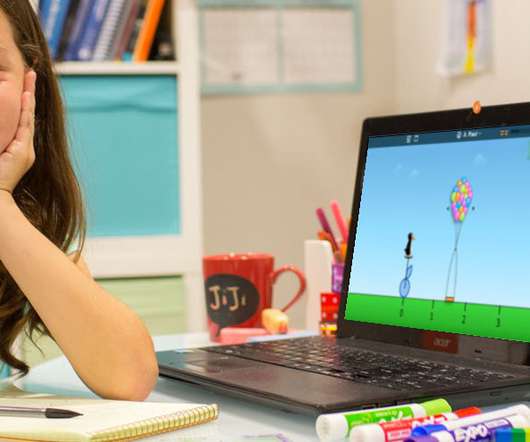


















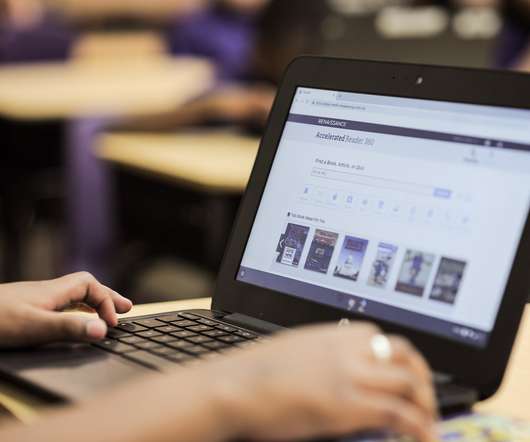



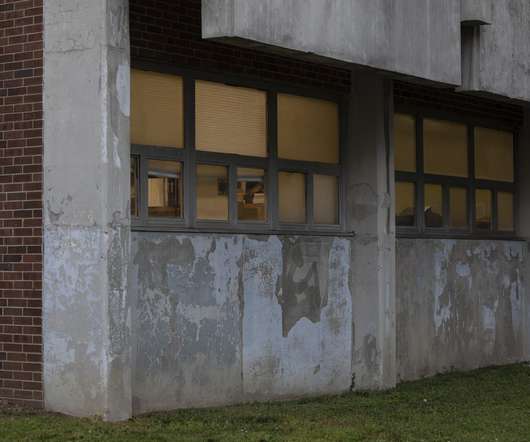
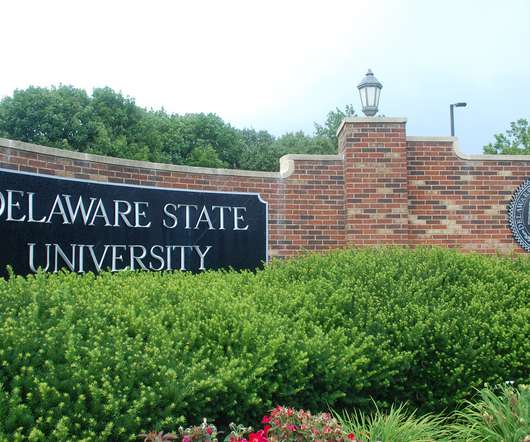









Let's personalize your content